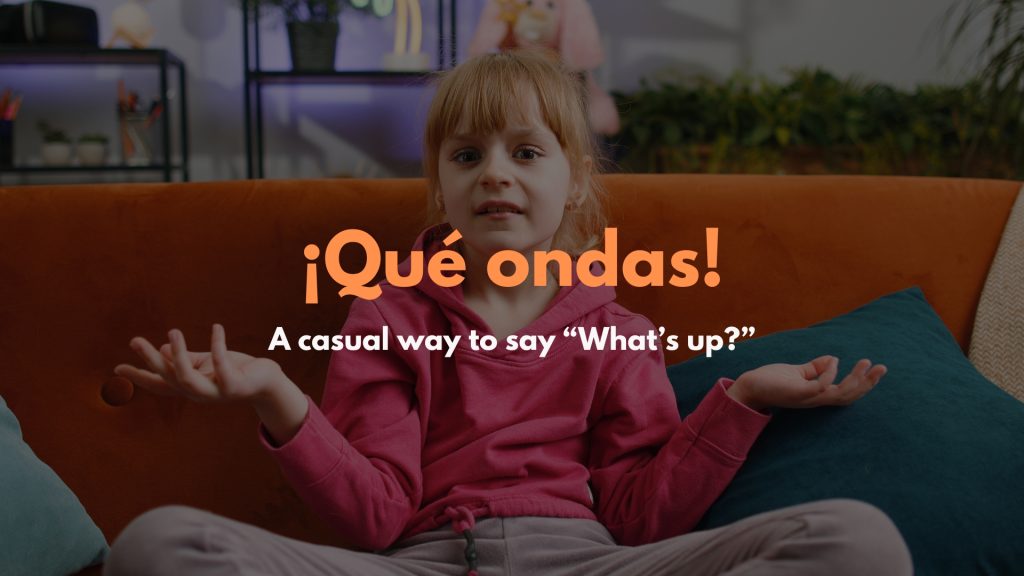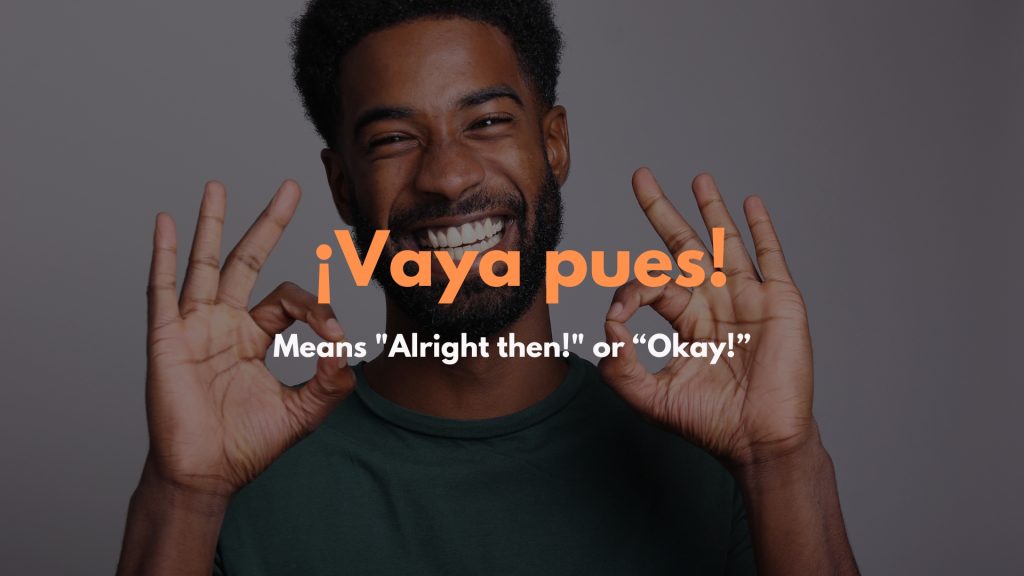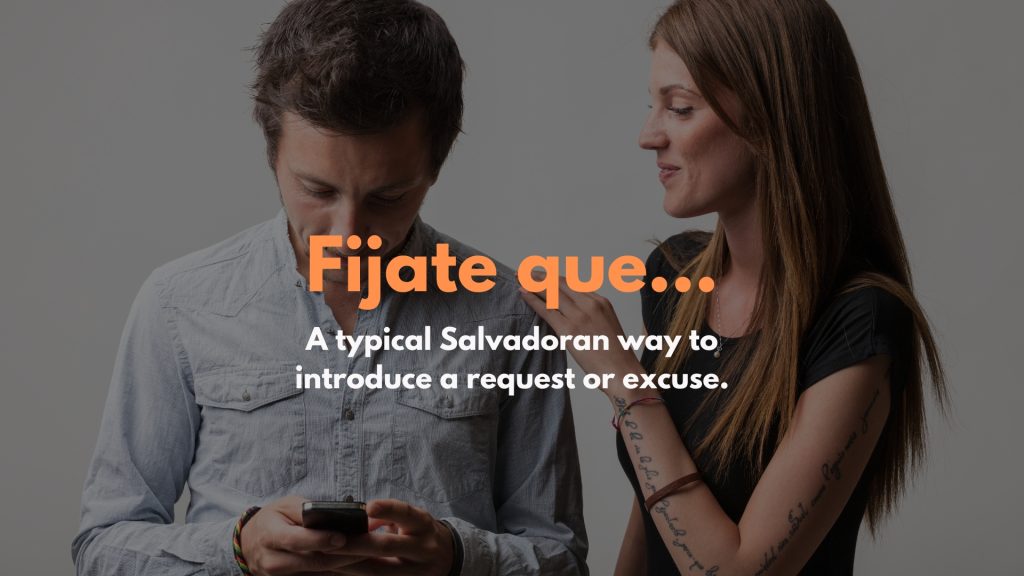In El Salvador, slang is everywhere. It’s in the way people say hello, talk about each other, and handle everyday situations. These words tell us a lot about Salvadoran culture and how people relate to each other.
If you want to really connect and get what’s going on, you’ll need to know these terms. Plus, they’re interesting. They show us what Salvadorans value and how they see the world, and they keep changing as new things come along.
Let’s dive into some of these words and see what they say about life in El Salvador.
Most Popular Salvadoran Slang Words
Salvadoran slang is full of unique expressions that are key to everyday talk and cultural identity. Here, we’ll look at the most popular slang for greetings, showing surprise, and talking about things or places.
If you want to really connect with Salvadoran culture and people, knowing these phrases is crucial.
Slang Words for Greeting
In Salvadoran slang, people often use certain words to greet each other. ‘Chero’ is a common word for a friend—it’s like saying ‘buddy.’
Then there’s ‘Salu,’ which is a laid-back way of saying ‘hi.’
- ¡Qué ondas!
A casual way to say “What’s up?”
Example:
— ¡Qué ondas, vos!
— Todo bien, ¿y vos? - ¡Quiubo!
Another way to say “Hey!” or “What’s up?”
Example:
— ¡Quiubo, chero! - ¡Al suave!
A chill way of saying “Take it easy” or “Relax.”
Example:
— Tranquilo, al suave, todo tiene solución.

- ¡Wena onda!
Used to greet someone in a friendly, positive way.
Example:
— ¡Wena onda, mi hermano! - ¿Cómo amaneciste?
Literally “How did you wake up?” but means “How are you this morning?”
Example:
— ¿Cómo amaneciste?
— Algo cansado, pero todo bien. - ¿Qué pedo?
A very informal way of saying “What’s going on?” (Use with close friends.)
Example:
— ¿Qué pedo, maje? ¿Vas a la fiesta? - ¡Púchica, qué milagro verte!
“Wow, long time no see!”
Example:
— ¡Púchica, qué milagro verte, bicho! - ¡Hacete el loco!
“Act like you don’t know anything” (when avoiding something).
Example:
— Si te preguntan, hacete el loco.
Slang Words to Express Surprise or to Refer to an Object or Situation
In El Salvador, people often use the words ‘Chivo’ and ‘Qué ondas’ when they’re surprised or talking about certain things.
‘Chivo’ means something is cool or awesome.
‘Qué ondas’ is like saying ‘What’s up?’ or showing you’re surprised.
These phrases are key in everyday conversations in El Salvador.
- Chivo
Means “cool” or “awesome.”
Example:
— ¡Qué chivo está tu carro! - Púchica
A polite way to say “Damn!” or “Wow!”
Example:
— ¡Púchica! Se me olvidó la tarea. - Juela
Short for “Juela madre,” meaning “Oh wow!” or “Damn!”
Example:
— ¡Juela! Ese examen estuvo difícil.

- ¡Puchis!
A softer, playful way of expressing surprise.
Example:
— ¡Puchis! No esperaba verte aquí. - ¡Vaya pues!
Means “Alright then!” or “Okay!”
Example:
— Nos vemos mañana.
— ¡Vaya pues! - ¡Nombre!
Used like “No way!” or “You’re kidding!”
Example:
— Perdimos el partido.
— ¡Nombre! - ¡Híjole!
Expresses surprise, similar to “Oh man!”
Example:
— ¡Híjole! Ya es tarde, me voy. - ¡Chanfle!
A funny way to say “Whoa!”
Example:
— ¡Chanfle! Olvidé mi billetera.
How to Say & Pronounce All 12 Months in Spanish.
Slang Words to Refer to Another Person or a Place
Let’s dive into how Salvadorans use slang for people and places.
The word ‘Chero’ simply means a friend. ‘Bicho’ and ‘cipote’ are informal ways to talk about young people. If someone is called ‘Bayunco,’ it means they’re either funny or a bit wild.
For places, ‘chuco’ is used to describe somewhere that’s not very clean or is quite messy.
These terms are a big part of daily conversations in El Salvador.
- Chero/Chera
Means “friend” (Chero for guys, Chera for girls).
Example:
— Voy al cine con mis ceros. - Chante
A slang word for “house” or “home.”
Example:
— Vamos al chante a descansar. - Bayunco/Bayunca
Refers to someone goofy or silly.
Example:
— Dejá de hacer tonteras, sos bien bayunco. - Bicho/Bicha
Used for kids or teenagers (literally means “bug”).
Example:
— Ese bicho es bien inquieto.

- Maje
Means “dude” or “bro,” but can also be an insult if said aggressively.
Example:
— ¿Qué hacés, maje? - Viejito/Viejita
Affectionate way to refer to an old person or even a parent.
Example:
— Voy a visitar a mi viejita. - Ñaño/Ñaña
Used in some areas for “brother” or “sister.”
Example:
— Mi ñaño siempre me ayuda. - Pícaro
Describes a mischievous or clever person.
Example:
— Ese niño es bien pícaro.
Salvadoran Slang Words to Express an Action, Decision or Affinity
In Salvadoran slang, saying things in the conditional tense is really handy. It lets you suggest or ask for something without being too direct. This way of speaking helps people get along better because it shows you’re being considerate of others’ feelings.
Knowing how to use these expressions the right way can make conversations smoother and help you connect more with people in Salvadoran communities.
Conditional Tense: Suggestions
Using the conditional tense in Salvadoran slang can really spice up casual chats. Take this example: ‘estaríamos arrechos si fuéramos.’ It means ‘we’d be thrilled if we went.’
This phrase isn’t just about making plans—it also shows how you feel about them. It’s a cool way to mix feelings and hypotheticals when you’re talking with friends.
- Si te da huevo…
“If you’re too lazy to…” (Used when someone doesn’t feel like doing something.)
Example:
— Venite a jugar.
— Si me da huevo, me quedo en casa. - Y si mejor…
“What if we just…” (Used to change plans or suggest an alternative.)
Example:
— Y si mejor pedimos pizza en vez de cocinar. - Te animás…
“Do you feel like…?” (Used to invite someone to do something.)
Example:
— Te animás a ir a la playa este fin de semana?

- No seas así…
“Don’t be like that…” (Used to persuade someone.)
Example:
— Vamos a salir.
— No quiero.
— No seas así, va a estar chivo. - Te caería bien…
“It would be good for you to…” (Suggesting something beneficial.)
Example:
— Te caería bien un descanso después de tanto trabajo. - Deberíamos…
“We should…” (A soft way to propose an idea.)
Example:
— Deberíamos hacer una carne asada este fin de semana. - A ver qué tal…
“Let’s see how it goes…” (Testing out an idea.)
Example:
— Vamos a ese restaurante nuevo a ver qué tal. - Probá y me decís…
“Try it and let me know…” (Encouraging someone to try something new.)
Example:
— Nunca he comido pupusas.
— Probá y me decís qué te parecen.
Conditional Tense: Requests
In Salvadoran slang, you’d ask, ‘¿Te gustaría bajar a la tienda?’ or ‘Would you like to go down to the store?’ It’s a polite way to suggest something.
This kind of phrasing helps people get along better, making it easier to understand each other in different situations.
- Fijate que…
A typical Salvadoran way to introduce a request or excuse.
Example:
— Fijate que no puedo ir hoy, tengo un compromiso. - Mirá, será que…
“Hey, do you think you could…?” (Used when asking for a favor.)
Example:
— Mirá, será que me podés prestar tu carro un rato? - ¿Me harías el favor?
“Would you do me a favor?” (A polite request.)
Example:
— ¿Me harías el favor de comprarme algo en la tienda?

- Me echás la mano…
“Can you give me a hand?” (A friendly way to ask for help.)
Example:
— Me echás la mano con esta tarea, porfa? - No te cuesta nada…
“It wouldn’t cost you anything…” (A way to guilt-trip someone into helping.)
Example:
— No te cuesta nada llevarme en tu carro, vamos por el mismo rumbo. - ¿Me podés ayudar con esto?
“Can you help me with this?” (A direct but polite request.)
Example:
— ¿Me podés ayudar con esta caja? Está bien pesada. - A ver si me ayudas…
“Let’s see if you can help me…” (A subtle way to ask for assistance.)
Example:
— A ver si me ayudas a organizar esta fiesta. - ¿Será que podemos…?
“Do you think we could…?” (Used for polite requests.)
Example:
— ¿Será que podemos llegar un poco más temprano mañana?
Enhance your Spanish skills with common E words and their meanings.
Salvadoran Slang Words to Spice Up Your Conversations
Diving into Salvadoran slang can really boost your way of speaking and help you get a deeper sense of the culture.
Words like ‘chero’ for friend, ‘pisto’ for money, and ‘chuco’ for dirty are common in El Salvador.
Using these words makes your Spanish richer and helps you bond with locals.
- ¡Va pues!
A super common way to say “Alright then!”
Example:
— Nos vemos mañana.
— ¡Va pues! - ¡Bolo!
Means “drunk.” (Informal, use with close friends.)
Example:
— Ese maje anda bolo otra vez. - ¡Dale pues!
Means “Go ahead!” or “Do it!”
Example:
— ¿Puedo usar tu computadora?
— ¡Dale pues!

- ¡A saber!
Means “Who knows?” when unsure about something.
Example:
— ¿Cuándo va a pagar el jefe?
— ¡A saber! - ¡No jodas!
Means “No way!” or “Are you serious?” (Can be rude in certain contexts.)
Example:
— Gané la lotería.
— ¡No jodas! - ¡Vaya ve!
Means “See? I told you so!”
Example:
— Te dije que iba a llover.
— ¡Vaya ve! - ¡Eso está yuca!
Means “That’s tough!” or “That’s really hard.”
Example:
— Ese examen estuvo yuca, nadie lo terminó. - ¡Es un deschongue!
Means “It’s a total mess!” (Used for chaotic or fun situations.)
Example:
— La fiesta fue un deschongue total.
Conclusion
Salvadoran slang words really bring the language of El Salvador to life. They create a special cultural identity and make everyday conversations more personal. These words range from simple hellos to more complex terms that describe people and situations.
They add fun and color to speech and help Salvadorans connect with each other. The slang is flexible, covering everything from what you do to how you feel, showing how important it is in everyday talk.
Join Lingua Viva for Interactive and Engaging Language Learning!
Born in Cali, but raised in London, Juan Pablo has led an interesting life. He has an undergraduate degree in Foreign Language and 10+ years of experience. Juan Pablo has taught and worked as a professor and interpreter in Spanish, English, and French languages. He prides himself on having a ‘situational teaching style’, which means he caters lessons to fit student needs. He is serious about teaching, responsible, professional, clear, and concise.











